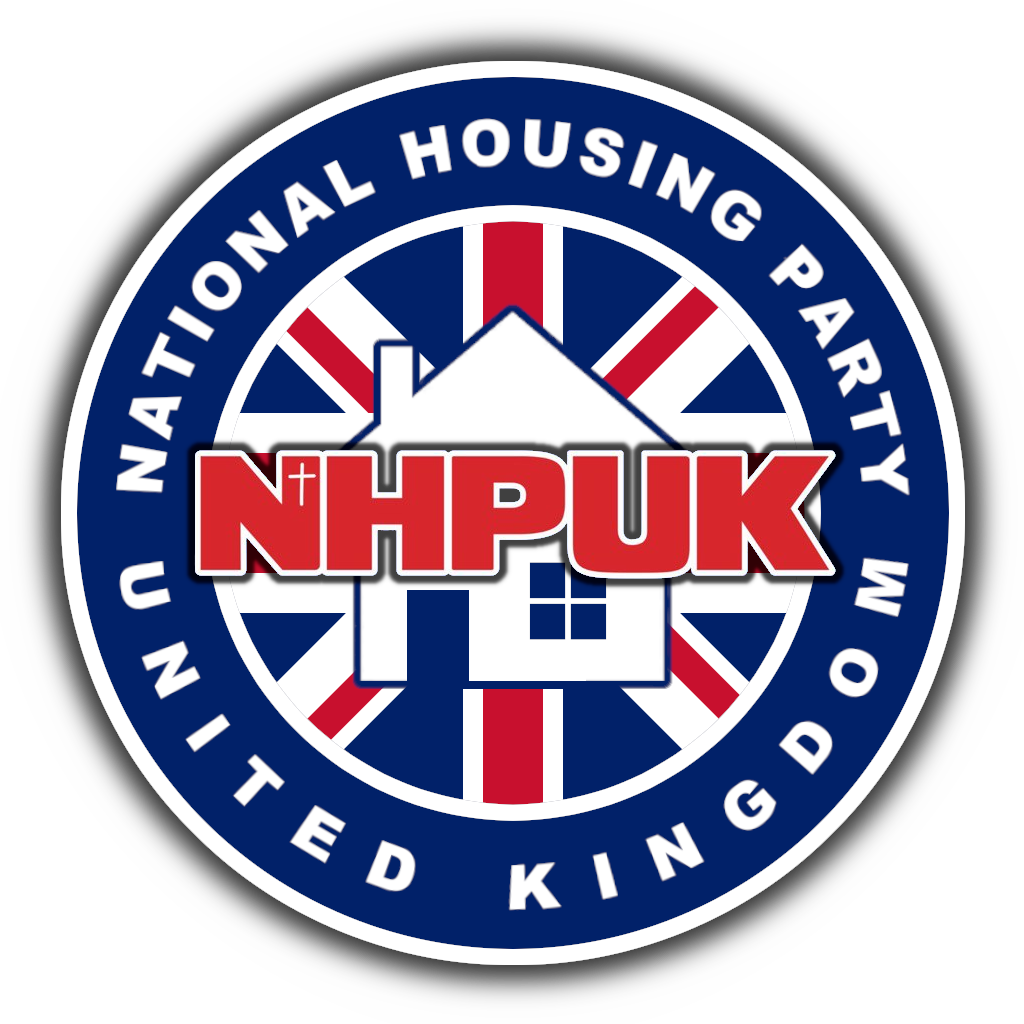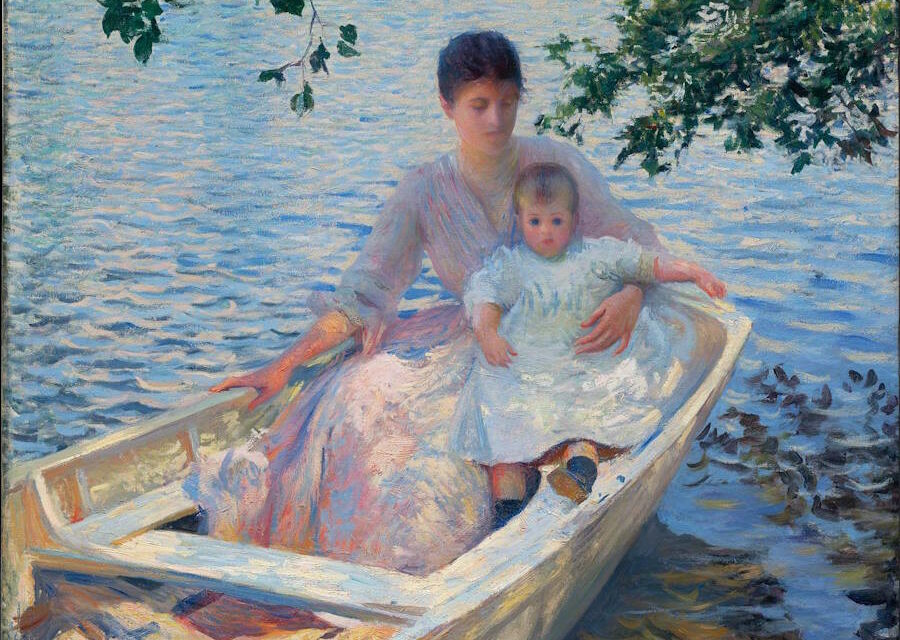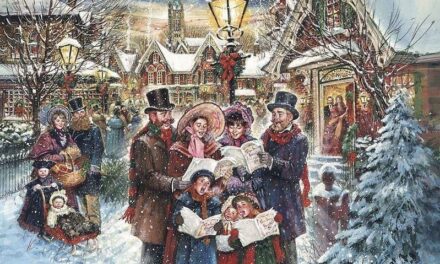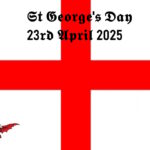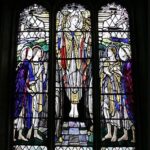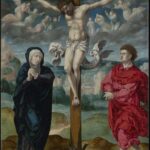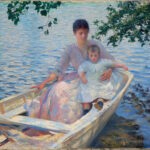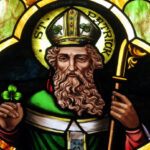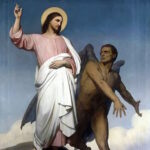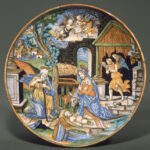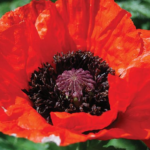Christian origins
Mother’s day in the UK is honoured in an almost obligatory fashion, because who doesn’t love their old dear? Like most holidays, its origin story is actually embedded in our wonderful Christian history.
Originally known as Mothering Sunday, the tradition is part of the Lent season, and always falls on the fourth Sunday in the lead up to the Easter vigil. Christians began the tradition in the 16th century and would visit the parish they were baptized in, also referred to as their ‘Mother Church’. This was of course an admirable way to honour congregations and gather with relatives.
The most venerated mother chosen by God, is indeed the blessed Mother Mary, who cared for and loved our Lord and saviour Jesus Christ in his infancy and forever more as she bore witness to the sacrifice that would save our souls. There really is nothing quite like the love shared between a mother and their child.
St Monica is also an important figure in Christian history, her son Augustine fell into a life of sin and worldly desires. He preached hedonistic rhetoric and engaged in lustful endeavours. This broke Monica’s heart and she felt deep sorrow. She prayed unwaveringly for 30 years for her son to turn to the gospel and much to his dismay she followed him to Milan in Italy where they would encounter St Ambrose, whose teachings had a profound impact on him spiritually. A divine inward experience changed the life of Augustine forever, and he went on to become one of Christianity’s most revered and beloved theologians. His work was pivotal and deeply influential to the rise of Christianity in Europe. All because his mother wouldn’t give up on him and quite literally had the patience of a saint.
Carnation flowers became a popular choice for gift giving on this day, as in some Christian circles a popular legend had emerged that at the foot of the cross where Mary’s tears fell, carnations bloomed. This is of course not biblical or recognised doctrine, but none the less a tradition was born.
Motherland
During the height of the British Empire, many colonies would appropriately refer to Great Britain as the ‘Motherland’, so let’s look at why.
Great Britain gave birth to an economic powerhouse, we utilised ship building and coal mining to set up trading posts. The wisdom of our ancestors created the steel industry, trains, infrastructure, marvels in medicine, irrigation and sanitation, agricultural advancements and many more achievements that created better living conditions for the world.
So if Great Britain is your mother country, treat her the same way you would your own mother. With love, respect and dedication. Protect her from harm and speak up for her. Be proud and gracious.
Proverbs 31:31 ‘Honour her for all that her hands have done, and let her works bring her praise at the city gate’.
To all mothers and mothers to be, NHPUK send you our blessings.

